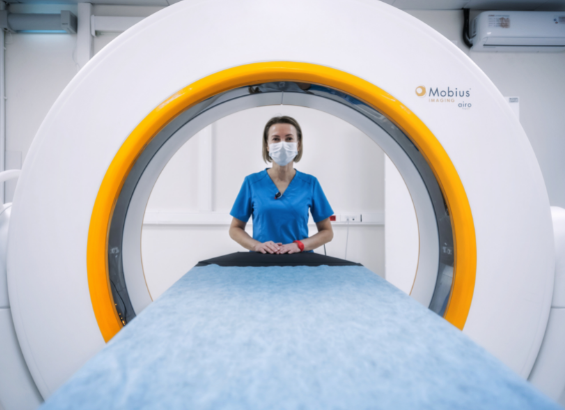現行技術より安価で高信頼性の高密度蓄電装置 High-density Energy Storage Machine Less Expensive, More Reliable than Current Technology
2022-04-12 ヒューストン大学(UH)

Researchers at the University of Houston plan to develop a miniaturized pulsed power system that will power mobile hand-held MRI machines.
・このシステムの開発は、核時代と深く関わっている。20世紀半ばには、レーダーやレールガンなどの軍事兵器にもパルスパワー方式が使われるようになった。
・20世紀が進むにつれ、パルスパワーシステムは、X線装置、次にMRI装置、核磁気共鳴(NMR)ベースの化石燃料生産用ツールの開発に重要な役割を果たすようになりました。
・現在、ヒューストン大学の研究者は、カレン・カレッジ電気・コンピュータ工学助教授のHarish Krishnamoorthyを中心に、次世代の小型化パルス電力システムの開発に取り組んでいます。
・IEEE Transactions on Industrial Electronicsに掲載された研究論文では、コンデンサなどのシステムのエネルギー貯蔵部品を縮小し、すぐに電力を供給できるミニパルス電力システムの作成を提案しています。
・この論文では、レーダーなどの重要なアプリケーションで使用されている従来のパルス電力システムの10分の1以下のサイズにエネルギー貯蔵素子を縮小できることを実証しています。
<関連情報>
- https://uh.edu/news-events/stories/2022-news-articles/april-2022/04122022-pulsed-power.php
- https://ieeexplore.ieee.org/document/9739823/authors#authors
高電力密度・高速応答のGaN系パルス負荷2段コンバータ GaN based two-stage converter with high power density and fast response for pulsed load applications
Yu Yao, Kulothungan Sambandam Gnana, Harish Sarma.Amitava Das,Harshit Soni
IEEE Transactions on Industrial Electronics Date of Publication: 22 March 2022
DOI: 10.1109/TIE.2022.3159946
Abstract
This paper proposes a two-stage power converter with novel control methods for pulsed load applications. First stage is an isolated converter that transfers only average power to the second stage, which dramatically reduces input filter size and components current rating. Second stage is a buck converter designed for fast response during pulsed load transients. A flexible intermediate voltage is implemented to reduce the size of the midpoint energy storage capacitor that is responsible for compensating the instantaneous power difference between the two stages. A novel digital input feed forward controller is proposed for the second stage to eliminate the poor line regulation issue caused by the flexible intermediate voltage. To verify the effectiveness of the two-stage power supply and the control methods, a full-scale 800 W (average) / 4 kW (peak) converter protype is built and tested. The results prove the feasibility of the proposed topology as well as control methods, and demonstrate the advantages over traditional concepts.



